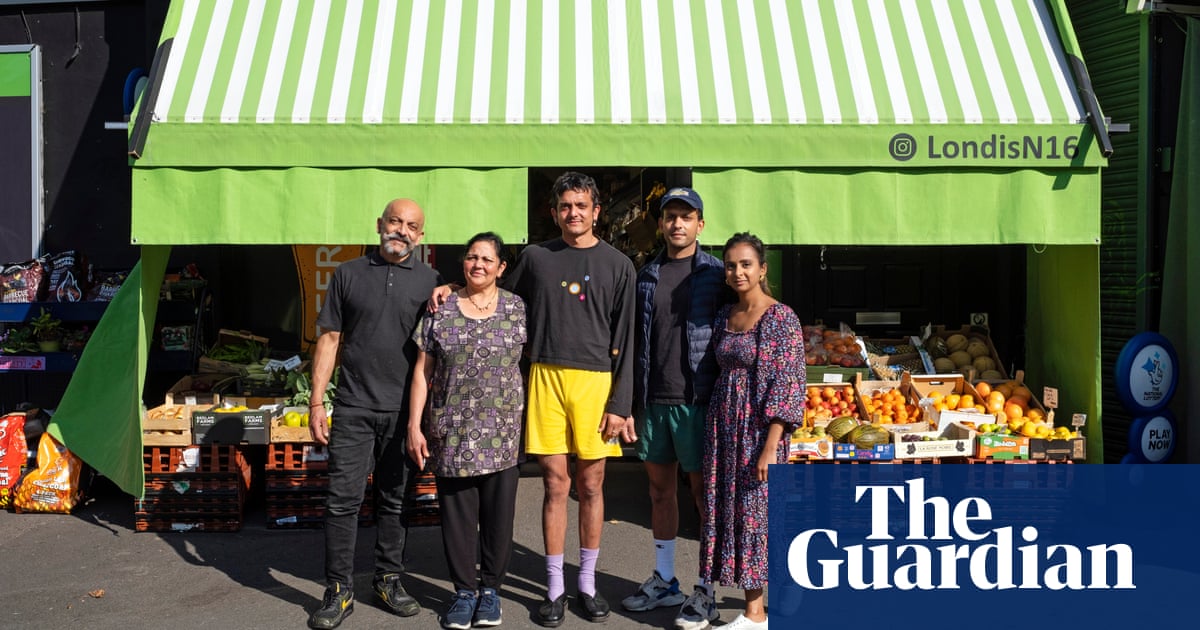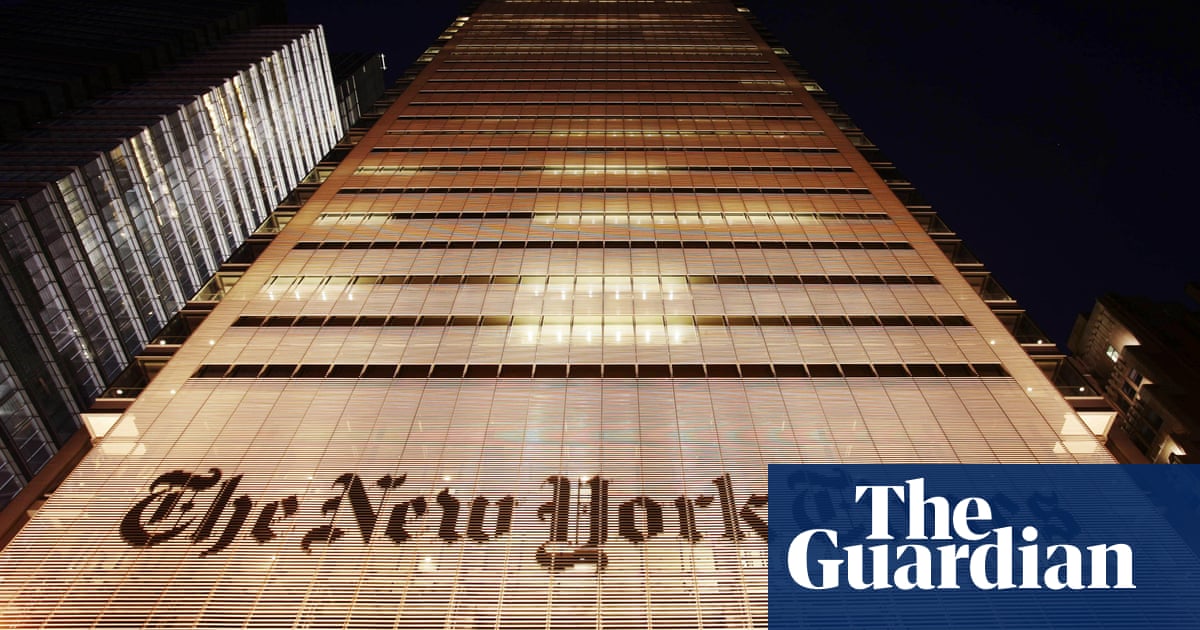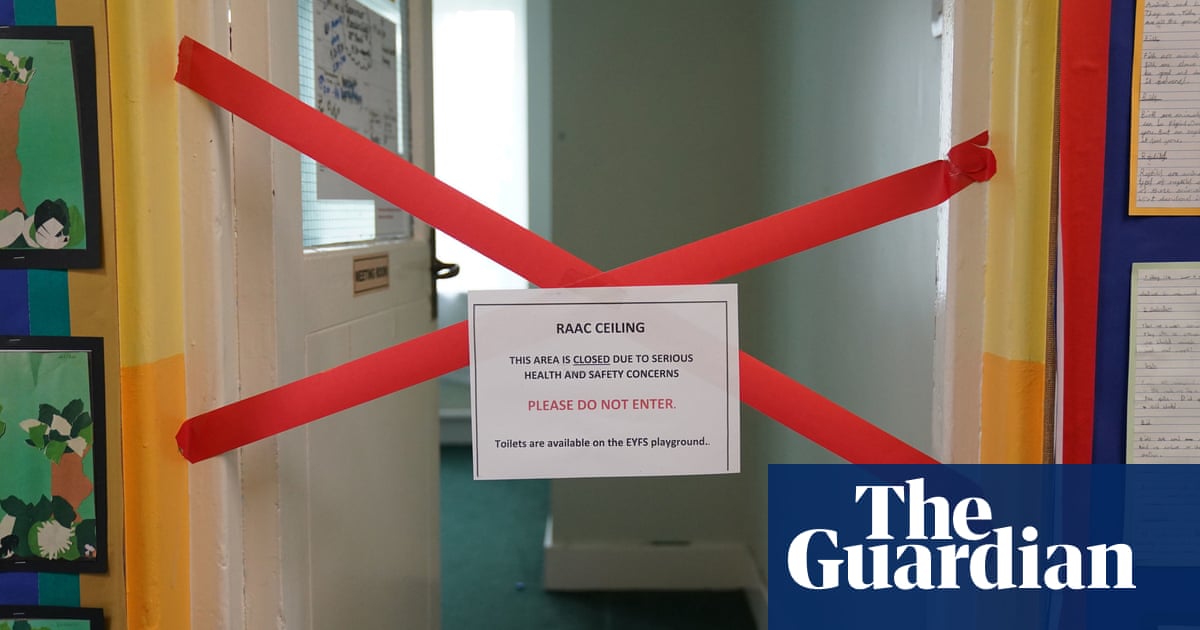
ix months ago, independent publishers Jacaranda and Knights Of were warning publicly that their income had fallen to almost zero. They weren’t the only small publishers struggling. With bookshops and distributors closing, a survey from the Bookseller at the time found that almost 60% of small publishers feared closure by the autumn. No bookshops meant no knowledgeable, passionate booksellers pressing new books they loved on to customers; no events and no travel meant that crucial avenues for introducing new writers had disappeared.
The stars had been looking very happily aligned for Oneworld in March. The independent publisher had three of its biggest books scheduled for the month – a novel from Women’s prize winner Tayari Jones, Silver Sparrow; a new thriller from the bestselling crime author Will Dean, Black River; and Damien Love’s novel for older children, Monstrous Devices. It had printed point-of-sale materials, invested in marketing, advertising, printing.
Then came the first national lockdown. “Silver Sparrow came out on the Thursday and then on the Monday the bookshops shut,” says Juliet Mabey, the publisher whose impeccable taste saw Oneworld win two Booker prizes in a row with novels from Marlon James and Paul Beatty. “It was incredibly frustrating and stressful.”
Events lined up for Love’s debut novel, in which a 12-year-old boy receives a potentially deadly toy robot in the post, were cancelled. Dean, who lives in the wilds of Sweden, could no longer visit the UK for publication and sign the hundreds of copies of his novel that had been set aside for shops.
“That kind of support that publishers rely on – in-person events, for booksellers to hand-sell books, just disappeared overnight. Yes you have social media, but so does the entire world. We were saying, actually we can do remote events for Tayari and save the air fare, but so can everyone else,” Mabey says.
She estimates that Oneworld is facing “a couple of hundred thousand pounds in lost sales”. Things have looked up since – shops reopened in July, Oneworld had Diane Cook’s The New Wilderness on the Booker shortlist, and Richard and Judy picked Silver Sparrow for their book club.
“It’s been a rollercoaster,” agrees Francis Bickmore at Canongate. “How do you get light and heat to new voices coming through? The job of publishing, in many ways, is trying to persuade someone to want something they haven’t heard of yet. And without that incredible power of individual booksellers hand-selling, without the might of the brilliant literary festival scene, and without the authors pacing the streets and going into the shops to do signings, there was a real gap.”
Bickmore particularly mourns what this did to “an extraordinary Hawaiian novel”, Sharks in the Time of Saviours by Kawai Strong Washburn, which “certainly suffered this year”. Conversely, Canongate has had a huge hit with Matt Haig’s The Midnight Library, “a book that unwittingly anticipated exactly what people might be wanting in lockdown, in that it takes you from a place of dark to a place of hope, and is very good on loneliness and isolation”.
At Bluemoose, a small independent in Hebden Bridge, West Yorkshire, by April things were looking pretty apocalyptic. Sales were “off a cliff”, with co-founder Kevin Duffy warning that “the loss of 90% of sales will be catastrophic and could fold the business”.
Then Duffy got innovative with another small publisher, Gracie Cooper from Little Toller. The pair asked the prize-winning novelist Benjamin Myers (whose career started at Bluemoose) if he would let them publish a short story. Myers agreed, and A Stone Statue in the Future was made available exclusively from the Little Toller website as an ebook, with all proceeds divided between Little Toller, Bluemoose and the author.
Across the board, independents have been forced to find new ways of reaching readers. Granta built anticipation for Sayaka Murata’s Earthlings by getting BookTubers to record reaction videos to the book’s “astonishing” ending, with the video viewed “tens of thousands of times”. At Carcanet, staff put together a social media campaign for its first-ever Ethiopian Amharic poetry anthology, Songs We Learn from Trees, broadcasting several of the poets reading from the book, and then adding blogposts and interviews with editors and poets. It was, says editor Michael Schmidt, tremendously popular.
“We’re finding different voices from working-class writers, writers of colour, and independent bookshops are our ambassadors,” Duffy says. “All that went out of the window on 23 March, but bizarrely we’ve had the best sales ever for the last seven months. Ben Myers’s book just absolutely flew. It drove so many people to the Bluemoose website and we’ve sold so many physical copies of books that I think our average sales for the three months of lockdown increased by 54%.”
Bluemoose is not the only small publisher to have found light in the darkness of lockdown: learning of the dire straits in which independents were finding themselves, readers stepped up. In May, Knights Of and Jacaranda, who both publish diverse books, launched a joint crowdfunder in order to survive. By 10 June, they had raised £164,561, as donations soared in the wake of the murder of George Floyd.
“In May, we had to have some really difficult conversations and begin planning for what worst-case scenarios look like,” says David Stevens at Knights Of. “But with the resurgence of the Black Lives Matter movement came attention to our fiction list, with nearly every title selling out in June.” he says. “Since then, readers, retailers and organisations have redoubled their efforts to ensure that this inclusive children’s fiction publisher is heading into 2021 as strong as possible.” Sharna Jackson’s High Rise Mystery even won a Waterstones children’s prize, which was “a huge moment for a tiny publisher”.
For Jacaranda, emergency funding from Arts Council England helped bridge the gap, as it did for many small indies. “Without all of this financial support, things would be dramatically different right now,” says founder Valerie Brandes.
Norwich independent Galley Beggar took the decision to delay one of its titles, Insignificance by James Clammer, until next summer, but pressed ahead with Alex Pheby’s Mordew. “It’s the kind of book that really builds on word of mouth,” says co-founder Sam Jordison. “Then we got help from Arts Council England, which took away a lot of the stress about what would happen if we printed and all the shops were closed.”
Since shops reopened in July, independent presses have been falling over themselves to support booksellers, offering signed copies to tempt readers in. Although many offered call and collect, click and collect and home delivery, and the launch of Bookshop.org allowed readers to buy books online while supporting their local independent bookseller, raising more than £600,000 for indie bookshops in the UK so far, the Booksellers Association has warned that England’s second lockdown in the lucrative run-up to Christmas was “potentially ruinous commercially” for independent stores. “Their livelihoods and those of their staff are already in jeopardy from the first lockdown, and their chances of survival into 2021 would be much improved by having a solid Christmas sales period,” managing director Meryl Halls said in a letter to MPs calling for bookshops to be classified as essential retailers.
“We’re just desperate to see that those businesses can carry through to the post-pandemic days,” says Bickmore at Canongate. “So the more you can support local bookshops, the better.”












